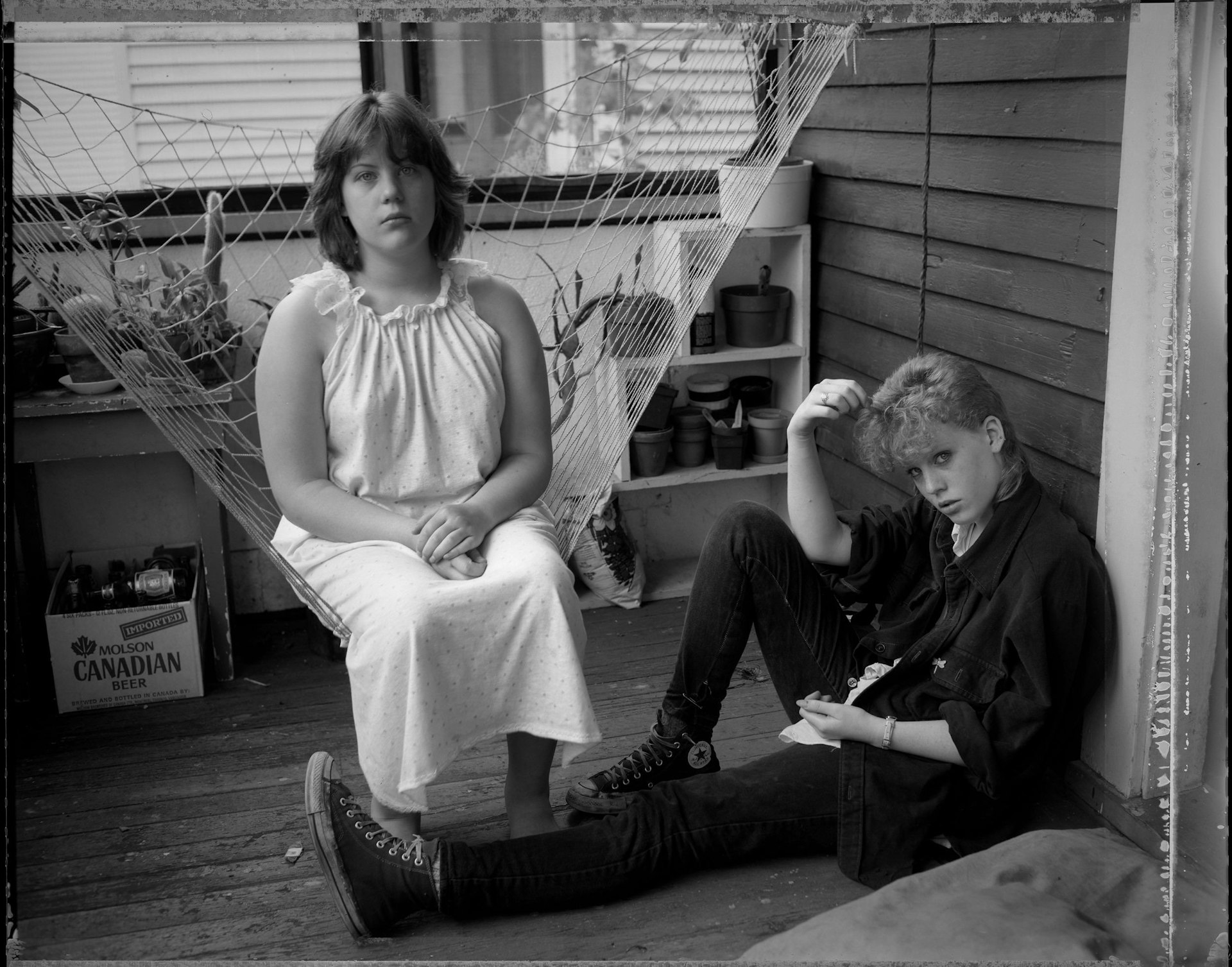
‘The relevance of race dissolves in nature’s power’
- Text by Phil Young
- Illustrations by Fabrizio Festa
The outdoors is for everyone. But take a look at the culture of the outdoors. You would think that deep and passionate engagement with the natural environment was the preserve of the privileged, overwhelmingly white upper-middle classes.
Enter THE OUTSIDERS PROJECT. We’ve been working for years to promote diversity in the culture and community of the Outdoors. The time is now to stick our head above the water and to address the problem head-on. By telling stories through a lens unclouded with careworn assumptions and prejudices, we aim to promote the outdoors as a space for all.
The heart of the project is to address race and ethnicity, but also the disparities which exist within the culture of the outdoors along lines of class, identity and – crucially – aesthetic. In the opening dispatch, THE OUTSIDERS PROJECT co-founder Phil Young tells of his experience as a Black man in this all-too white world.
–
I am a black man. I am a cyclist. I am a snowboarder. I love to explore the countryside, and I also love to run trails. But the thing is: when I’m out there, I’m usually the only black person in sight. This, to me, is a problem.
To really call ourselves British, Black British, we need to be able to integrate our sense of home with the reality around us. Being able to enjoy the green fields of Kent, the dramatic coastlines of Cornwall, the glorious fells of Cumbria and the sparseness of the Cairngorms without feeling like outsiders would be a good starting point. But it’s not only about access. We also need to have our stories included within the narrative of these spaces, to be able to imagine ourselves out there in the landscape. To be able to do this would be a powerful way to begin to heal the scars and burdens of colonialism; a quasi-revolutionary pivot point in the culture of these islands. It should happen. It must happen.
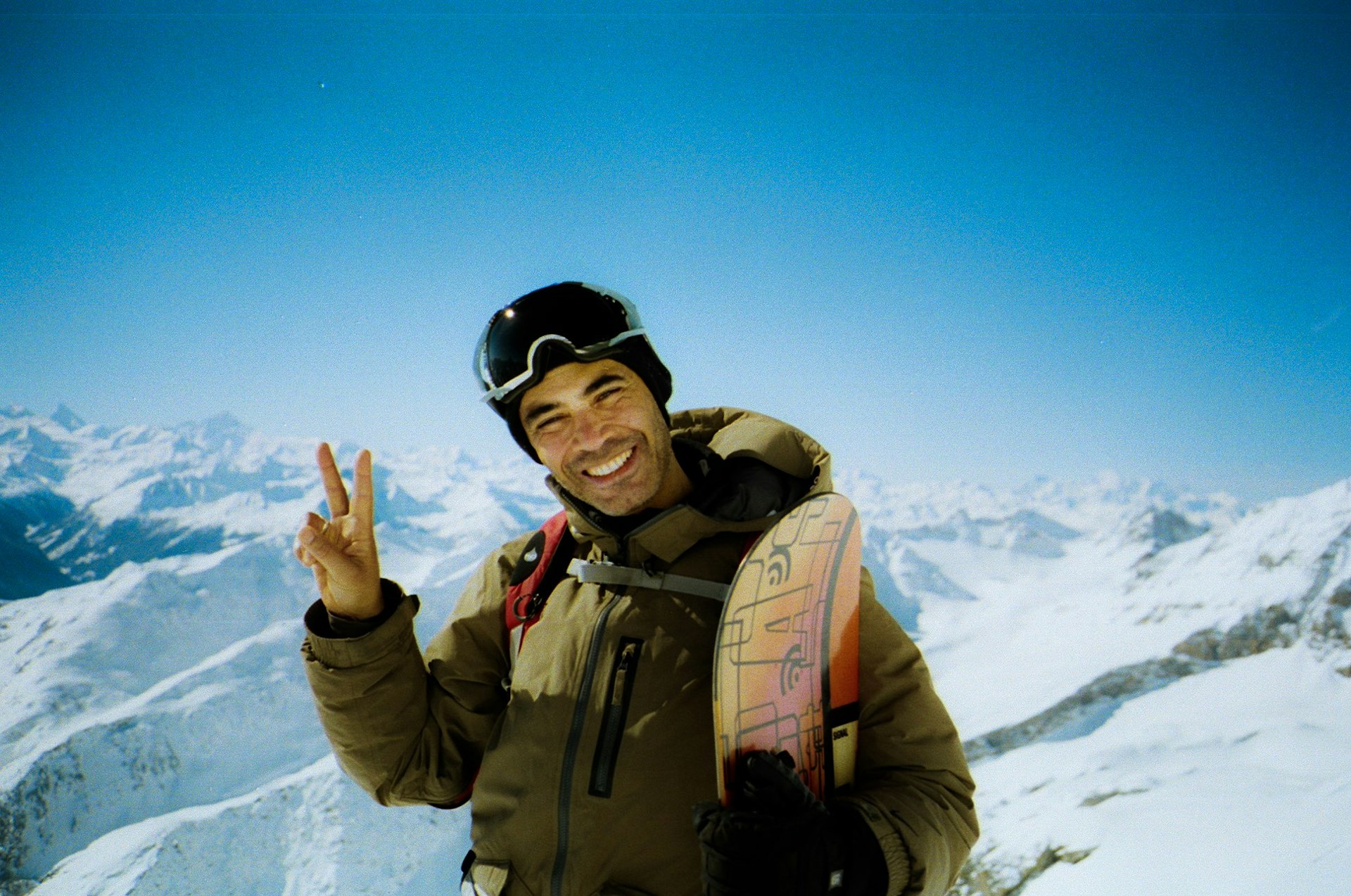
I am proud of my colour and culture, and I love being able to say I’m from London. When I travel and the conversations turn to where I live, the reply is invariably, “London? Cool!” And they’re right. London is cool. It’s the best city in the world. It’s diverse, energetic – and it may be as close to a model of successful multiculturalism as you’ll find anywhere. My circumstances have given me the tools and ability to leave it when it gets too much to handle; when the chaos of eight million-plus bodies laughing, screaming and crying gets overwhelming. But I love it because of that rather than despite it.
But however ‘cool’ our capital is, things change when you talk about the nation as a whole. The Cross of St George. The imperialist lyrics of the national anthems. There are so many triggers to get the hackles twitching and the game face on. Outside the city, the most common feeling I’m left with is alienation.
As long as I can remember, I feel like I’ve been instructed to assimilate. I feel the pressure to celebrate the British way – whatever that is – while at the same time trying to be true to my own heritage. I have been encouraged to be patriotic and to celebrate and embody everything this great nation is said to have done for me and other black and brown people. Even though I’m black (‘IC3’ in the eyes of the police), it is frowned upon to express this in a way that is not typically indigenous – complete with stiff upper lip and a willingness to queue. But to me, it remains a struggle to identify as British wholeheartedly when I know that, in the process of creating Empire, this nation enslaved, massacred, plundered, raped and dominated via the insidious mechanisms of colonialism. ‘We’ discarded where we saw fit, carving up Africa and much of the rest of the world to share among European counterparts. No account was taken of the existing cultures and societies that existed before this murderous process began. The message in this country remains: “Be black but please don’t be too black… be English but don’t get above your station… be a patriot but… can you step out of the car and open the boot, please?”
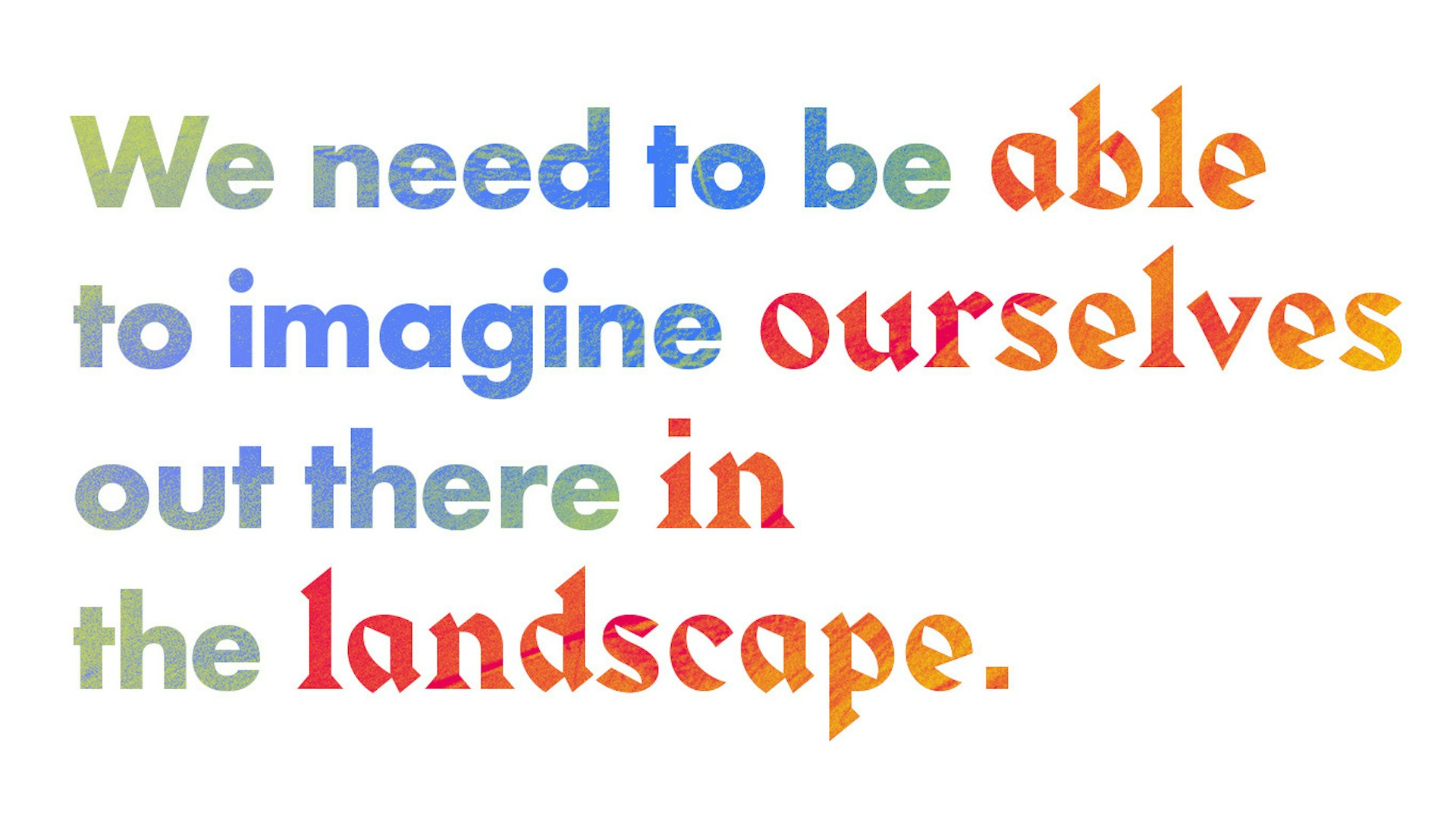
Those of us who have navigated our way through this country’s racism have either become adept at what Du Bois called ‘double consciousness’ (the art of switching up your language and manner depending on the company), or have shunned the expected norms to create new cultures that say ‘fuck you’ to the mainstream and suffer the ire of middle England. Though most of us in black communities live in the perceived ‘liberal, cosmopolitan metropolis’, the majority of us have been pushed into tighter and tighter habitats of concrete and steel. Most of us live in estates devoid of clean air and nature. For many, the idea of a visit to the countryside, to the sea or to the mountains is difficult to contemplate. There’s a tragic irony here, of course: the homelands of our forefathers were the vast plains, the high plateaus, the forests and the rivers and the coastlines of Africa. As accustomed to the noise and the madness of London as I am, my spiritual home is Wakanda, not the slither of South East London that I currently call home.
From the start, the spaces that new migrants have been allowed to occupy have been socially and government designated. They were located in areas away from open green spaces, many without gardens. These bedrock communities have crystallised into spaces synonymous with a racial difference. Though gentrification has displaced many to newly demonised spaces, localised policing tactics and gangs have created territories tightly bound by roads, pathways and postcodes. The mere presence of black people outside of these prescribed areas comes with the risk of stop and search, intimidation and violence. Many black men in London will be able to recount stories of being stopped by police or other authority figures for nothing more than being black in the wrong neighbourhood. It’s certainly happened to me. The result is that many from the black community simply avoid areas where they are likely to be harassed or treated as suspicious.
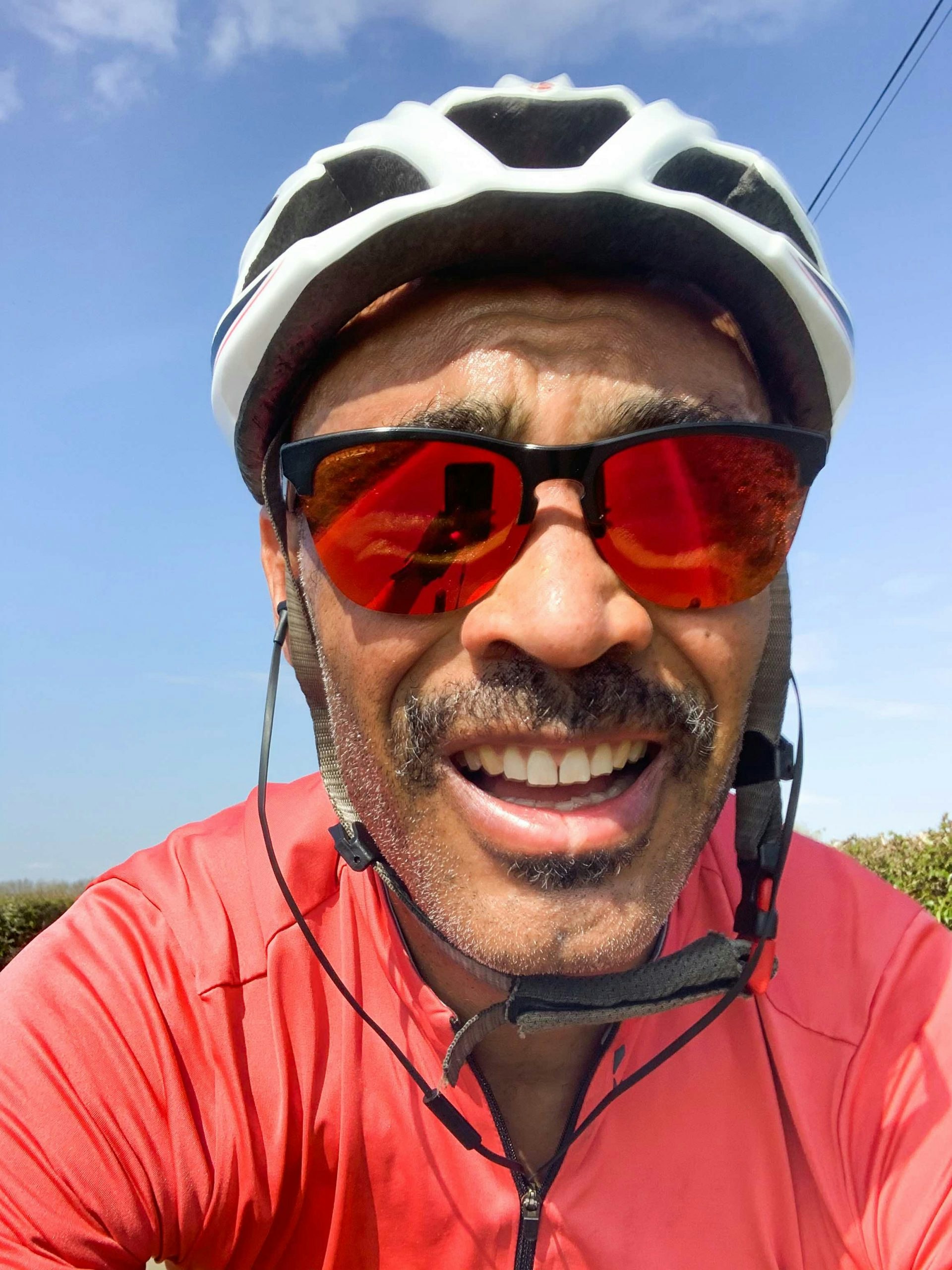
Leading diversity and equality academic and Sport England Talent Inclusion Advisory Group member Professor Kevin Hylton calls this the racialisation of space. In his seminal book Race and Sport: Critical Race Theory, Hylton states that space is contested, and that spaces are encoded by individuals and communities in complementary and divergent ways. In this respect, space is never ‘neutral’ but is dynamic, and carries meaning through the activities practised in and around them. Hylton goes on to outline that understanding how spaces are lived (spaces of representation), perceived (how we manage our spatial practices) and conceived (how we imagine other spaces) enables us to see them as formal or informal bounded spaces. In other words, we see them as spaces that systematically include and exclude in ways that require more than casual, everyday explanations.
Research from Natural England shows that visits to outside natural activity take place within a one or two-mile radius of home for 68 per cent of Black Asian and Minority Ethnic (BAME) people, and within just a mile for 50 per cent of the group – and this is generally an urban park.
Gentrification has been pushing low-income families into tighter and tighter enclaves of low-quality housing. Funding cuts to youth services and the sale of council-owned community spaces are giving young people fewer opportunities to learn and see what Britain outside the city really is. I occasionally go running with a London collective that treads the streets of South London in safe mixed groups. One of the younger members has had his life turned around by the positive experience of meeting people outside his usual social group. I was chatting to him on a run before lockdown and his face lit up when we got onto the subject of trail running. He recounted the tale of a running trip to Wales. “It was crazy,” he said, “we saw sheep!”
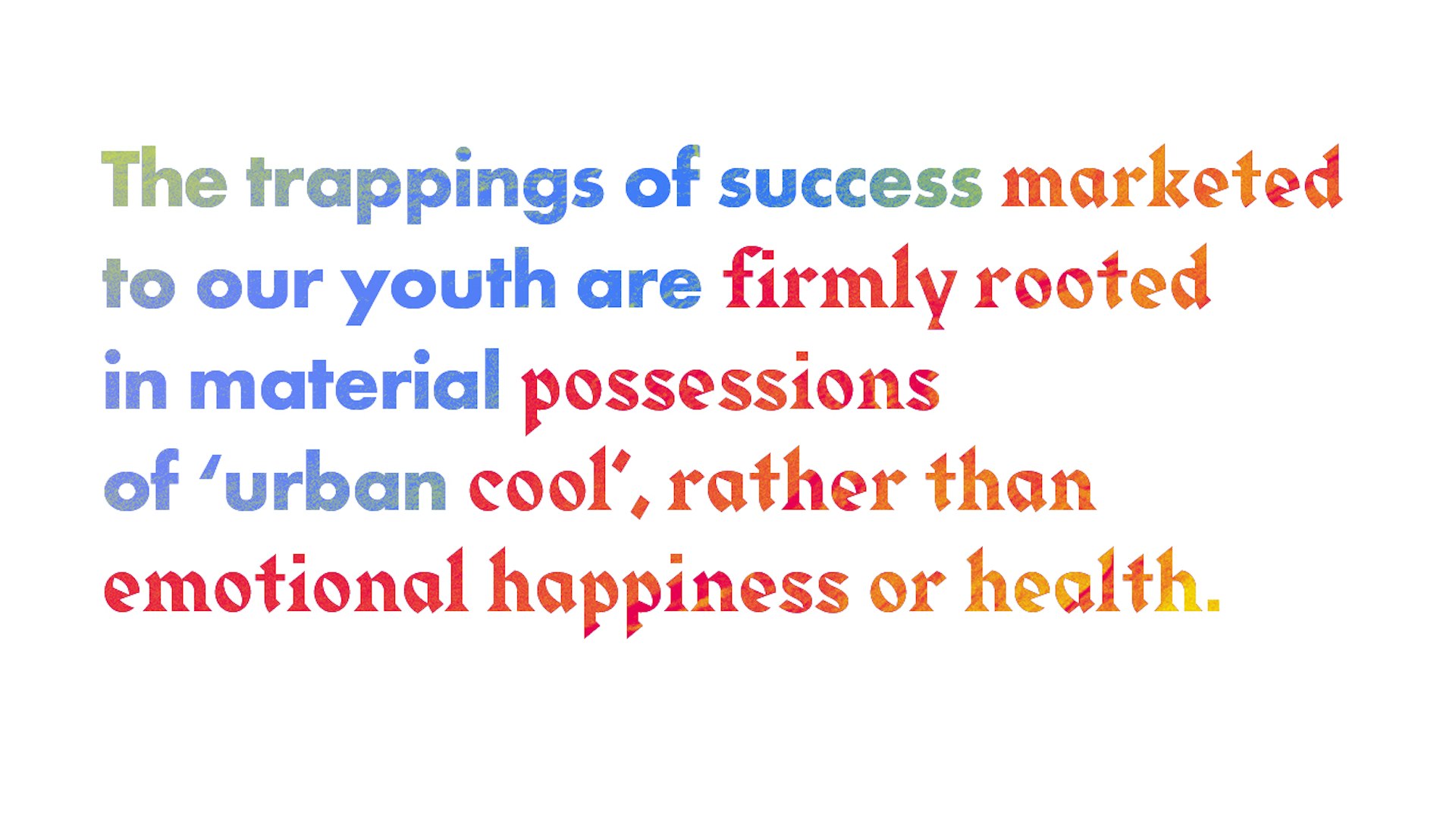
In 2019 DEFRA (Department for Environment, Food and Rural Affairs) commissioned an Independent Landscapes report to review England’s National Parks and Areas of Outstanding Natural Beauty. Among a number of recommendations, the report is clear about one thing: the failure to attract BAME visitors. Although they make up 14 per cent of the UK’s population, BAME visitors to national parks account for just one per cent of the annual total. It’s hardly helpful that most decision-makers in government bodies are middle-aged white men. The notion of the black man, the black woman, the black family in the setting of Britain’s incredibly beautiful landscape is as alien now as it was when Ingrid Pollard produced her celebrated 1980s photo essay Pastoral Interlude, her representation of single black figures in the rural landscape that challenged assumptions of identity and ownership.
My grandfather gifted me with an urge for adventure and a passion for discovery. I was lucky enough to be sent to places as far afield as Cape Wrath and Hong Kong on various camps, expeditions and other organised adventures. Survival meant coming to terms with my blackness and how that related to the landscape and the people around me. It wasn’t that all of a sudden I ‘fitted in’. But on those trips, it became clear that the mountains, the rivers, the ocean and the weather recognise no colour. What I realised in those joyous moments was that the relevance of race and class dissolved in the face of nature’s power. And for me, that offered a glimpse of liberation.
There’s much work left to be done of course, but there’s also been positive change. Social media groups such as Black Girls Hike and Black Cyclist Network are engaging black and brown communities and helping people access and enjoy the outdoors. And with new faces and experiences there comes a new aesthetic and interpretation of the rural landscape. Writers such as Anita Sethi and Amanda Thomson are delivering prose through the lived experience of colour, and adventurists Richard Parks and Dwayne Fields are redefining the British explorer. Parks was the first person to complete the ‘Explorers Grand Slam – last degree’ (highest mountain on each continent and North and South Poles) in the same calendar year and is recognised by the Guinness Book of World Records for skiing the most miles solo, unsupported and unassisted, in Antarctica. He says: “For many young boys and girls of colour enjoying the outdoors is simply not an option. Without the ability to see people like yourself and to access green spaces, combined with the lack of economic resources, which is where we see race and class intersect in Britain, it’s no surprise that the outdoor environment is inaccessible for so many.”
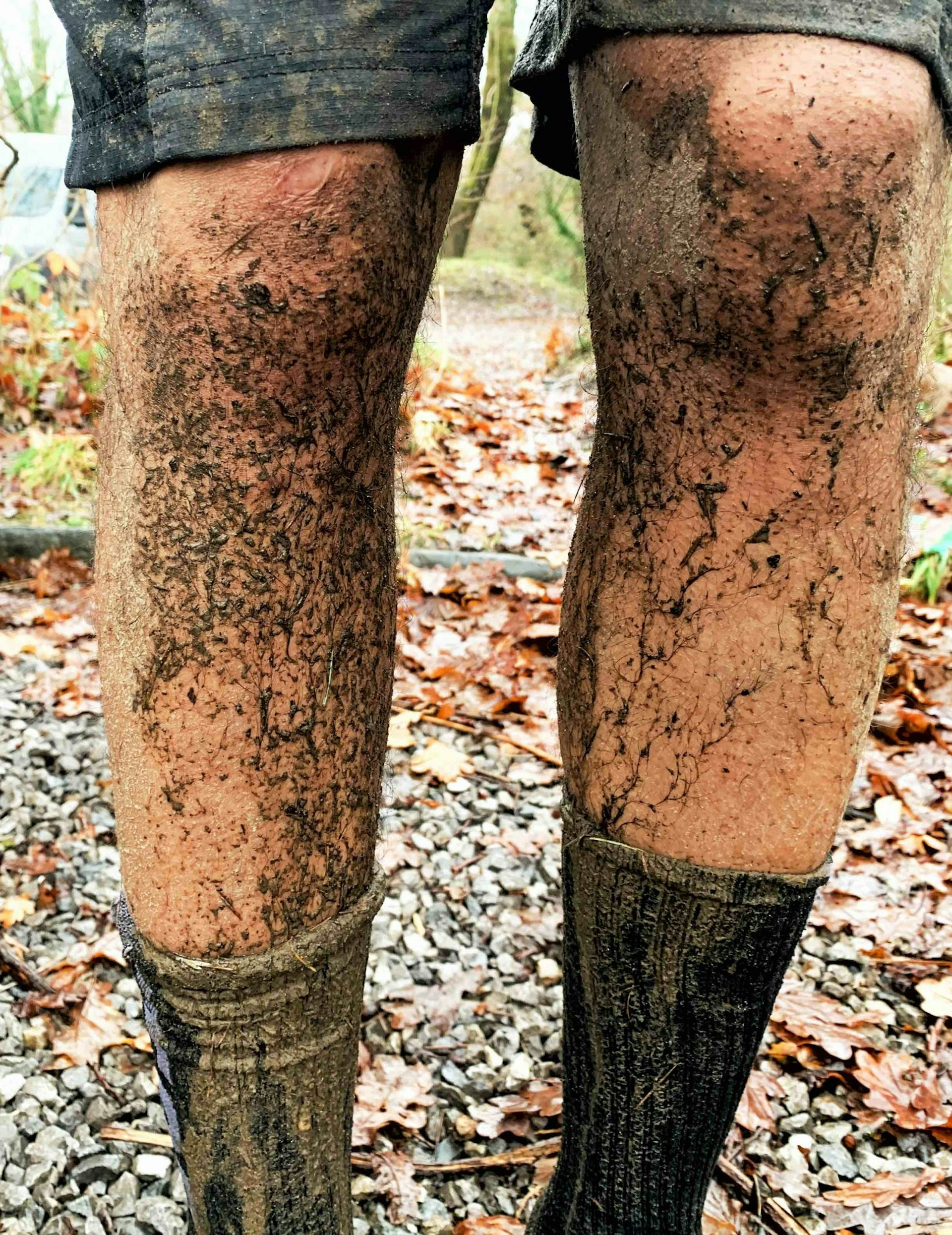
Global brands, meanwhile, continue to sell products off the back of a faux-aspirational, ‘edgy’ lifestyle set against graffiti and decaying neighbourhoods rather than discovery in nature. The trappings of success marketed to black youth are firmly rooted in shiny material possessions of ‘urban cool’, rather than emotional happiness or health. Even brands that work in the outdoor space tend to feature people of colour when wanting to set their product within the context of an inner-city ‘hype beast’ style. This grinds the problem further into the texture of the metropolis. Will the next generation see that there is more out there than ‘ends’ and weekly drops? Will they be able to see themselves as an important part of the wider beautiful landscape that many of their white contemporaries see as their right to enjoy? Will they be able to engage in the redemptive power of nature that’s on their doorstep?
It is up to all of us to try and answer these questions – and effect change. The outdoor industry can and should provide access, knowledge and representation. The media must ensure there are black voices informing how stories are told, framed and presented. We need black faces in positions of power across government and industry. Our school system must teach the full scale of the UK’s involvement in the oppression of people of colour across the global south in a truthful and meaningful way – and discuss how that impacts on millions of us to this day. Representation should eventually inform material change: equality beyond the symbolic realm. And we also need white allies to help amplify our voices and occasionally be our standard-bearers in the outdoors – and beyond the city walls.
It’s not going to be easy, and for a lot of us it will be painful as we try and climb this mountain. But you know what? I’m told the view from the top is incredible.
Enjoyed this article? Like Huck on Facebook or follow us on Twitter.
